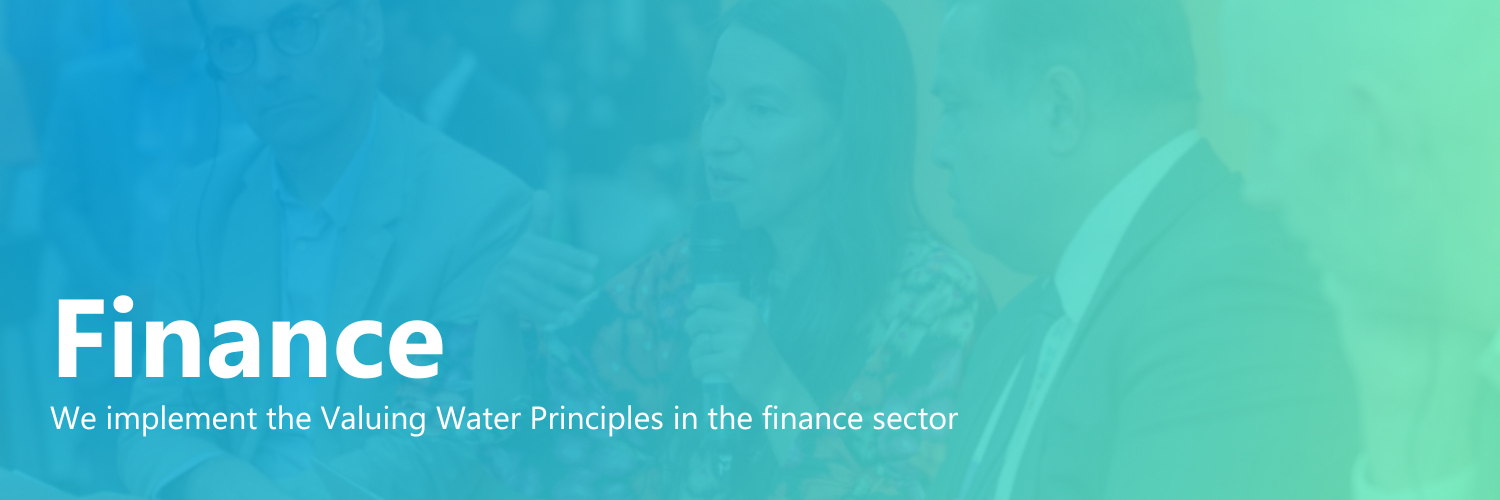
VWI is contributing to better decisions impacting water in the finance sector, as enshrined in the five Valuing Water Principles. VWI explores the ways water is valued in the finance sector to better understand, value and manage water.
Aim
VWI works to shift the corporate and private sector water use practices to be more sustainable and employ the valuing water principles when setting water use and management plans and policies.
Main Outcomes
Outcome 1: Promotion and facilitation of voluntary disclosure on water risks
VWI has joined forced with CDP by funding a project to promote voluntary disclosure on water risks and effects from companies to investors. The goal is to increase transparency in order for investors and markets to become more informed to make better investment decisions impacting water.
Outcomes include:
• A questionnaire was developed for financial institutions to disclose on their water use practices
• 275 of the world’s largest financial institutions disclosed to CDP for the first time on the risks, impacts, and opportunities they are facing
• This fits in the wider context where the EU’s CSRD directive marks a transition to mandatory disclosure as of 2025
Outcome 2: Standardisation of Corporate Expectations in Water Valuing and Management
WI has partnered with CERES (read their Global assessment of private sector impacts on water) through alignment on educating the investment community on their role in driving sustainable water practices among their assets. The project’s goals seek to support finance institutions to take responsibility, as the business owners, by putting pressure on their asset companies’ water practices, as well as support asset managers to develop their own strategies in respect to water.
Outcomes include:
•A report was developed and disbursed on the six Corporate Expectations in Water Valuing and Management, which codifies best practices that should be taken by ‘good water corporate actors.
• This has led to the Valuing Water Finance Initiative (VWFI) Benchmark report, which assesses 72 company from four water-intensive industries including food, beverage, apparel, and hi-tech are performing on these six Corporate Expectations.
• VWI has funded the research, development, publishing, and dissemination several research reports on financial (double) materiality of harmful water management practices in the packaged meat and apparel sectors.
Download the methodology and the dataset to learn more.
Outcome 3: Network and Engagement Facilitation
VWI works to develop a network of various stakeholders who are important to drive change in the valuing water movement through systemic shifts in finance practices.
Outcomes include:
• VWI invites members of varying communities who have a stake in the water discussion and enable participants to use the VWPs in their fields to drive change. The Water Finance Action Pathway was developed outlining the areas that can drive the transformation (levers of change) and the key actors and the role they can play.
• Facilitation of discussions and roundtable events regarding water valuing and support the attendance of the select stakeholders at key events
• Raising awareness around water valuing among stakeholders that would not otherwise be privy to each other’s ideas.
• Decreasing water valuing silos among varying industries.
We value our collaboration with

Ceres
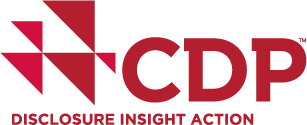
CDP
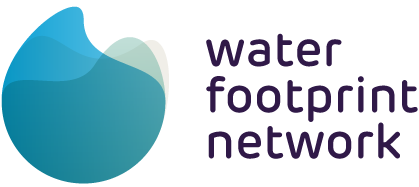
Water Footprint Network

WWF
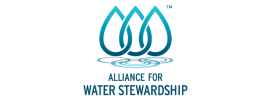
Alliance for Water Stewardship

The Nature Conservancy

Merder
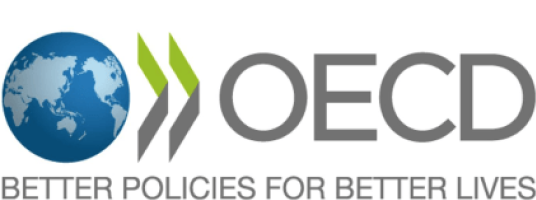
OECD

Danone